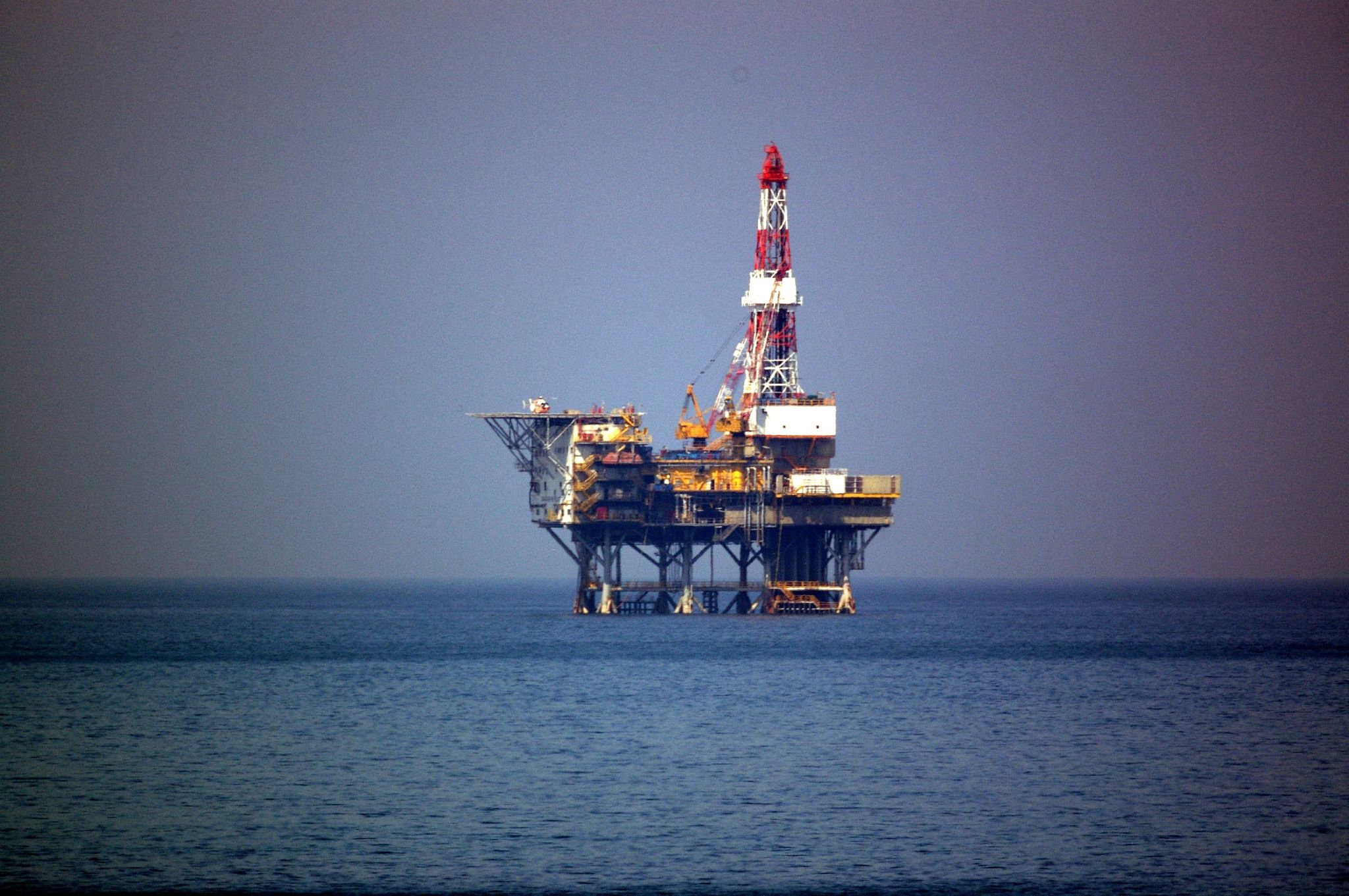This month will mark the 9th anniversary of the Deepwater Horizon oil disaster in the Gulf of Mexico. As we reflect on the worst oil spill in American history, we must not forget that 11 human lives were lost, countless animals were killed, and 68,000 square miles of Gulf waters were polluted by more than 200 million gallons of crude oil as a result of offshore drilling.
It is a simple fact that when you drill, you will eventually spill. We can see the effects on water quality caused by the routine pollution from rigs, as well as the dramatic, large-scale disasters like Deepwater Horizon or the Refugio Beach oil spill in 2015. Many of us will never forget the images of oil-soaked birds and other wildlife in the aftermath of those spills, but Donald Trump has either forgotten or does not care. His current plan for offshore drilling would open up almost every available acre of our federal waters to oil and gas drilling. At a time when our world is reeling from the obvious effects of climate change, and when the world’s top scientists agree that we have about a decade to act or face irreversible climate chaos, Trump is taking steps in exactly the wrong direction.
Luckily, members of Congress on both sides of the aisle are fighting back against this dangerous proposed drilling. On April 2, the House Natural Resources Committee held a subcommittee hearing on three bipartisan bills aimed at curbing Trump’s plans to expand drilling and seismic blasting into every corner of our public waters.
- The Coastal and Marine Economies Protection Act, H.R.1941, introduced by Rep. Joe Cunningham (D-SC) and Rep. Francis Rooney (R-FL), would block any proposed lease sales off the Atlantic and Pacific coasts. Rep. Rooney also introduced a bill to place a permanent ban on drilling in the eastern Gulf of Mexico. His Protecting and Securing Florida’s Coastline Act, H.R.205, would permanently extend a drilling ban on the west coast of Florida set to expire in 2022.
- Along with seven Republican cosponsors, Rep. Jeff Van Drew (D-NJ) introduced the Atlantic Coastal Economies Protection Act, H.R.1149, a bill that would stop the proposed seismic blasting off the Atlantic Coast. The precursor to offshore drilling, seismic blasting is done to survey possible oil and gas deposits. These powerful blasts, which can be heard from hundreds of miles away, are known to injure and even kill marine mammals and fish populations as well as threaten their breeding.
The strong, bipartisan opposition to offshore drilling among members of Congress is a reminder that Trump’s plan is just too extreme and puts our coastal economies, wildlife, and climate at risk. Members of Congress from both parties are leading the way to protect our shores from further damage. It is time to unite our coasts against the common threat of offshore drilling and show the Trump administration, and any other leaders who keep their heads buried in the sand, that we will not continue to sacrifice our most precious resources for the greedy profits of Big Oil.
